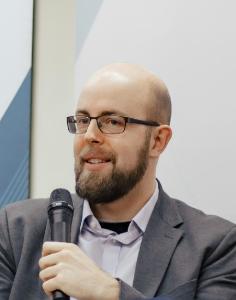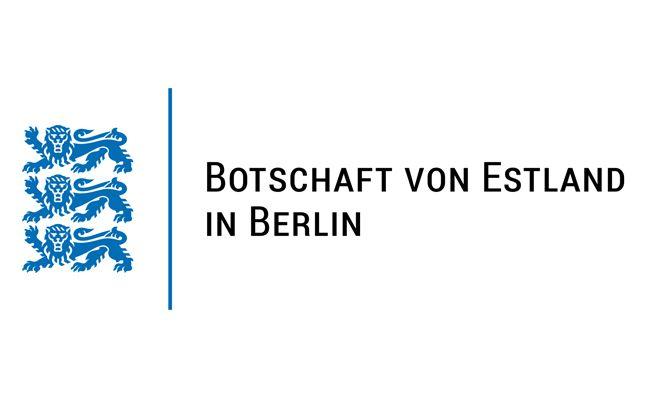Discussion
Details
Over the past years, Russian efforts to influence political decision-making, public opinion and even the outcome of elections in Western countries have grown notably. To this end the Kremlin leadership dedicates large amounts of money to its foreign media outlets and publicly endorses opposition candidates. Russian state banks have even structurally supported political parties like the French Front National by granting them considerable financial credits. Russia-based hackers‘ networks have reportedly broken into Western politicians‘ computers leaking secret information or producing „fake news“.
The European Union, as well as some of its member states, have taken action to counter these measures, to balance Russian influence and to build resilience on different levels of state and society. What has been done and accomplished so far? Is it enough and what can be done to further amplify resilience within European societies? On the other hand: Where are the borders between the legitimate pursuit of a nations’s foreign political interests and manipulation?
These are some of the key questions we would like to talk about with you and our experts from the EEAS Stratcom Task Force as well as some EU member states.
Programme
15:30
Words of Welcome
Dr. Lars Hänsel
Konrad-Adenauer-Stiftung
Head of Europe/North America Department
Marge Mardisalu-Kahar
Embassy of the Republic of Estonia
Envoy
15:45 Uhr
Keynote
Jakub Kalensky
EEAS Task Force Stratcom East
Brussels
16:00 Uhr
Podium Discussion
Dr. Markus Wehner
Frankfurter Allgemeine Zeitung, Author of "Putins Kalter Krieg - Wie Russland den Westen vor sich hertreibt"
Journalist
Germany
Sarah Wohlfeld
German Council on Foreign Relations
Alfred von Oppenheim Center for European Policy Studies
Research Fellow
Germany
Riina Kaljurand
International Centre for Defence and Security, Research Fellow
Director of Lennart Meri Conference
Estonia
Moderation:
Jakob Wöllenstein
Konrad-Adenauer-Stiftung
Desk Officer Eastern Europe and the Baltic States





